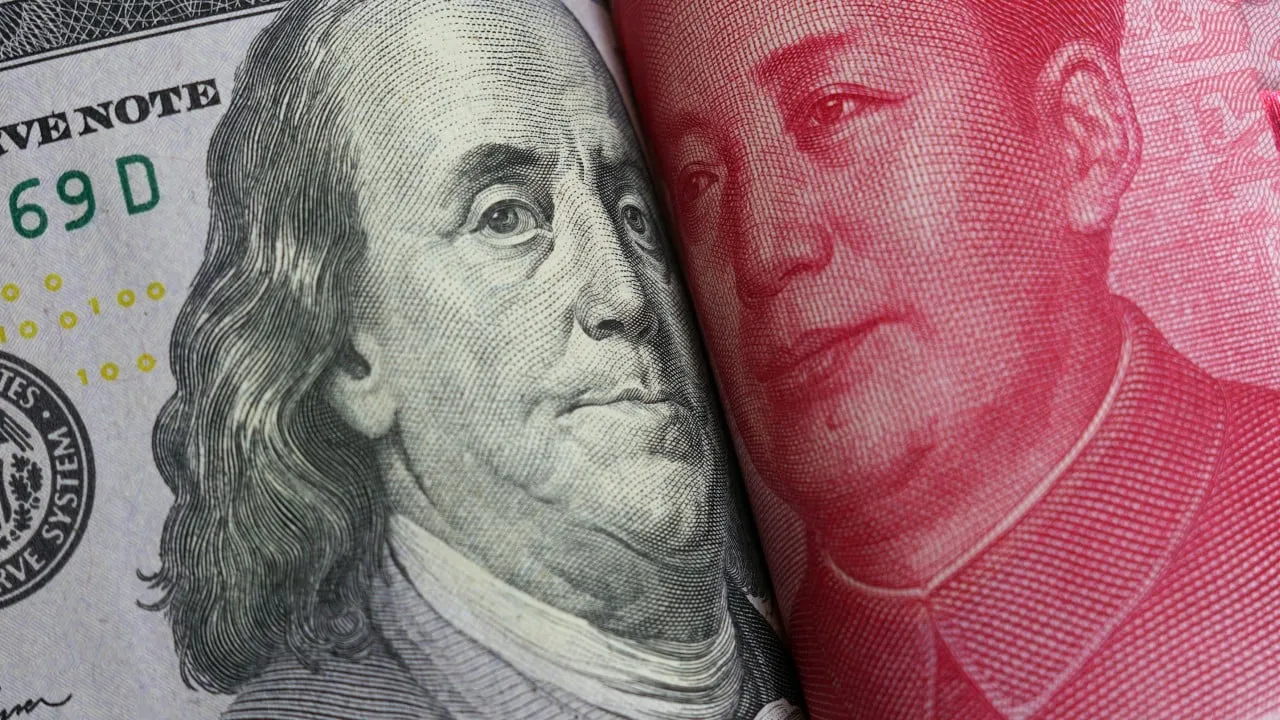The China Economy Faces Currency Shifts Amid Central Banks’ Decisions

Yuan Gains Ground in China Economy
For Zheng Bo, August marked a crucial turning point. In anticipation of an interest rate cut from the US Federal Reserve, Zheng, the founder of Livall, a Shenzhen-based bicycle and helmet producer, began converting his US dollar-denominated assets to yuan. Exporters like Zheng were previously holding onto US dollars for higher returns, sometimes reaching 5% annually compared to typically lower yuan deposits. However, some exporters worry that a sustained appreciation of the yuan could negatively impact profits, making Chinese products less competitive globally.
Concerns for Chinese Exporters
- Levi Tan, founder of Lionway Electronics, expressed that the only solution is to innovate new products, which would enhance bargaining power.
- Last month, Chinese exporters converted US$37 billion in foreign exchange revenues the highest monthly shift since September 2022, as the yuan appreciated by 1.9% against the dollar.
- Despite these conversions, Tianfeng Securities estimates that approximately US$501.8 billion in foreign exchange revenue has accumulated since 2022.
Market Impact
Weak domestic demand in China heightens the importance of exports to meet the GDP target, making a strong yuan potentially problematic. Goldman Sachs revised its forecast to 7.15 yuan per US dollar but maintains a cautionary outlook on yuan performance against other currencies.
Current currency levels remain a topic of debate among analysts, with Ken Cheung from Mizuho Bank noting that currency conversion flows are unlikely to be one-sided, especially with US election uncertainties and sluggish domestic fundamentals limiting yuan appreciation prospects.
This article was prepared using information from open sources in accordance with the principles of Ethical Policy. The editorial team is not responsible for absolute accuracy, as it relies on data from the sources referenced.